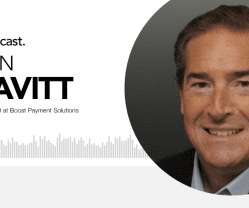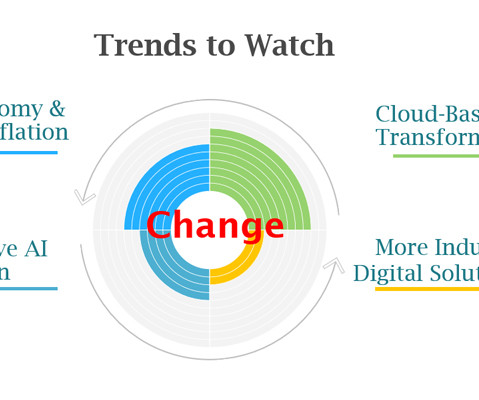Unifying Operational Accounting and Compliance Accounting in the Office of the CFO
Bramasol
JUNE 25, 2024
Operational Accounting vs Compliance Accounting One useful way to sort out the accounting landscape is to consider the differences between "operational" and "compliance" accounting responsibilities. Compliance Accounting is more focused on areas such as revenue recognition, closing processes, disclosure reporting, ESG compliance, etc.




















Let's personalize your content